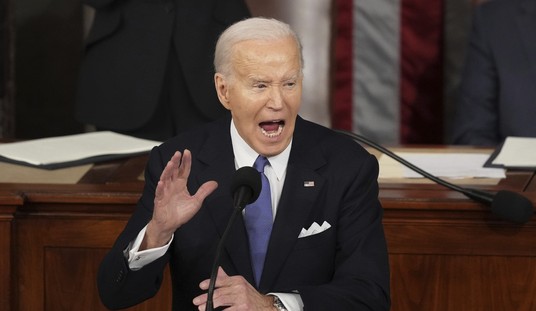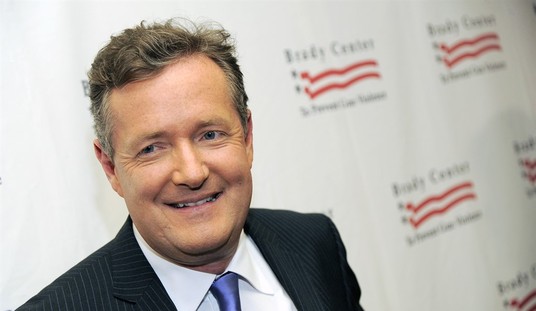It was during oral arguments in Hollingsworth v. Perry, one of two same-sex marriage cases the Supreme Court took up in March, that Justice Sonia Sotomayor raised the inescapable question, the one that has always loomed over the campaign to radically redefine marriage: Where would the changes end?
"If you say that marriage is a fundamental right,"
In other words, if it's arbitrary and unjust to forbid same-sex marriage, isn't it just as arbitrary and unjust to forbid plural marriage? Or sibling marriage? Once the right to "marriage equality" is enshrined in law, how could any union of consenting adults be denied a marriage license, regardless of traditional norms or definitions?
There is nothing new about this concern, of course. Opponents of same-sex marriage have sounded it for years. Frequently they were accused of pandering to bigotry, or engaging in slippery-slope hysteria. "This is not an argument, it's a panic," wrote Andrew Sullivan, one of the earliest champions of same-sex marriage, in 1996. "To the best of my knowledge, there is no polygamists' rights organization poised to exploit same-sex marriage to return the republic to polygamous abandon. Indeed, few in the same-sex marriage camp have anything but disdain for such an idea."
Recommended
Sullivan's mocking putdown may have been effective a decade and a half ago. Even now many gay-marriage advocates are inclined to smear as "haters" and "homophobes" those who warn that the drastic revision of marriage won't end with same-sex weddings.
Yet today the avant-garde of "marriage equality" has moved far beyond merely demanding that two men be allowed to marry, or two women.
"Let's not forget that the fight doesn't end with same-sex marriage. We need to legalize polygamy too," wrote Jillian Keenan in Slate last month. "Just like heterosexual marriage is no better or worse than homosexual marriage, marriage between two consenting adults is not inherently more or less 'correct' than marriage among three (or four, or six) consenting adults."
Keenan's view may not yet command majority support, but her essay is calm, thoughtful, and well-argued, and Slate is a popular, mainstream liberal journal. Her arguments for legalizing multiple-partner "marriages" come across not as scandalizing or outrageous, but as—familiar. After all, they're just a logical extension of what by now is the well-known case for same-sex marriage. For years, Americans have been instructed that the marital laws should be inclusive and nonjudgmental, that people should have the right to marry whomever they love, that only a bigot or a reactionary would deny a marriage license to Heather's two mommies. Why should anything change if Heather has three mommies and a daddy?
In a lawsuit underway in federal court, Kody Brown and his four wives are challenging Utah's anti-bigamy law. "The Browns wanted to show people that a plural family is not a monstrosity," George Washington University law professor Jonathan Turley told the judge. The ACLU has long opposed "all criminal and civil laws prohibiting or penalizing the practice of plural marriage." Utah's law may be safe for now, but it will only grow harder to make a principled case that "marriage equality" should be denied to anyone for reasons of tradition or morality.
And you don't have to be a social conservative or an opponent of same-sex marriage to realize it. Sotomayor, an Obama appointee, is one of the high court's staunch liberals, but she knows that the logic of "marriage equality" — of declaring that marriage can mean whatever consenting adults want it to mean — is a lot easier to unleash than to call back. Increasingly, many gay-marriage activists embrace the idea that even

























Join the conversation as a VIP Member